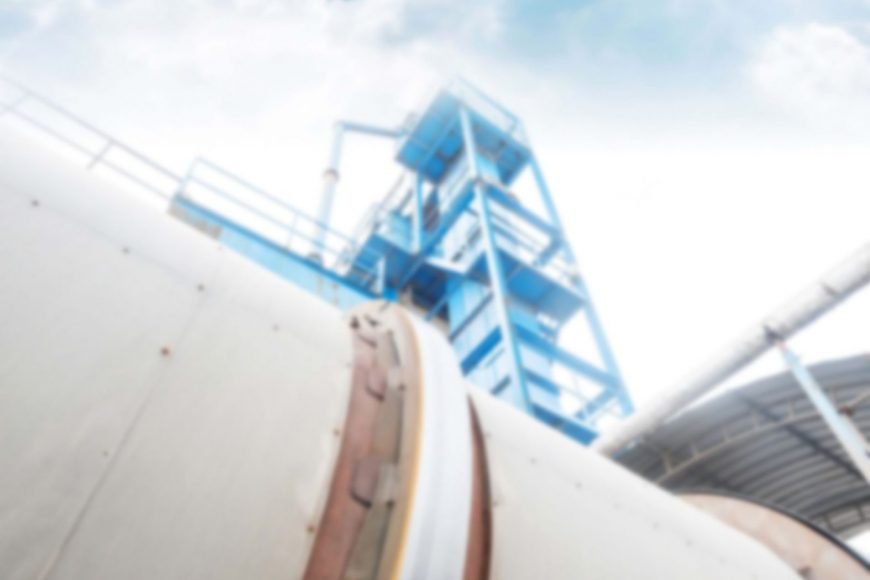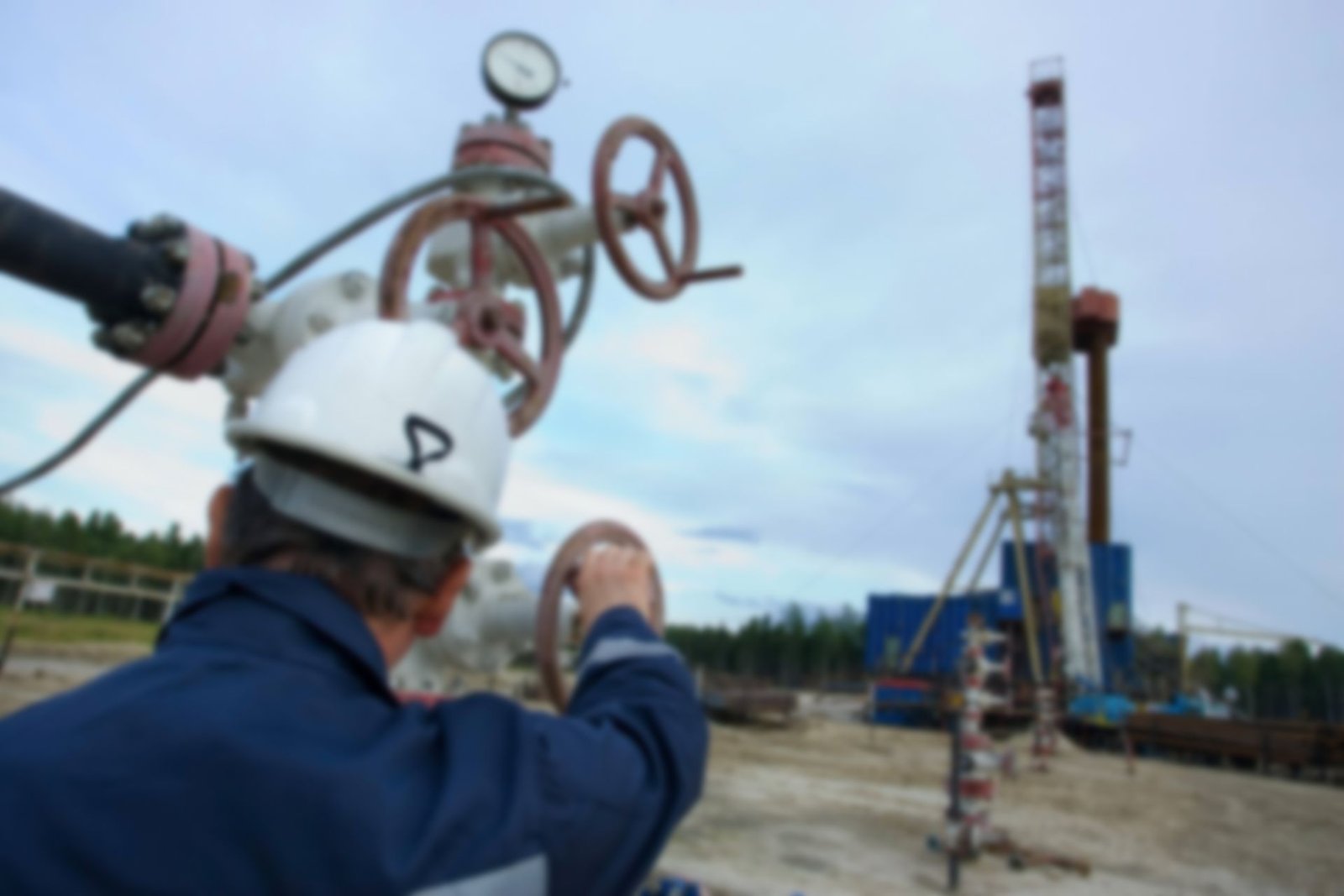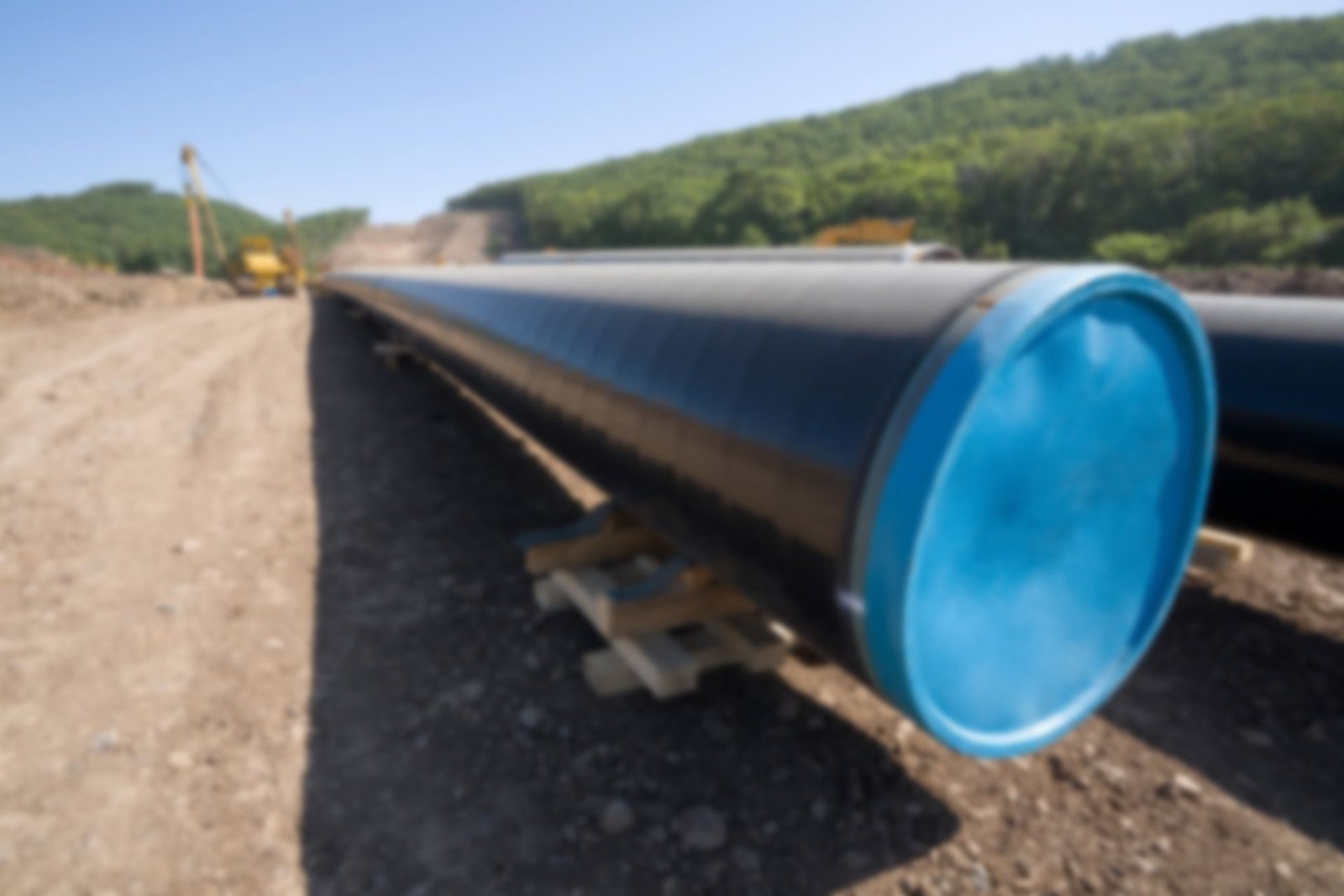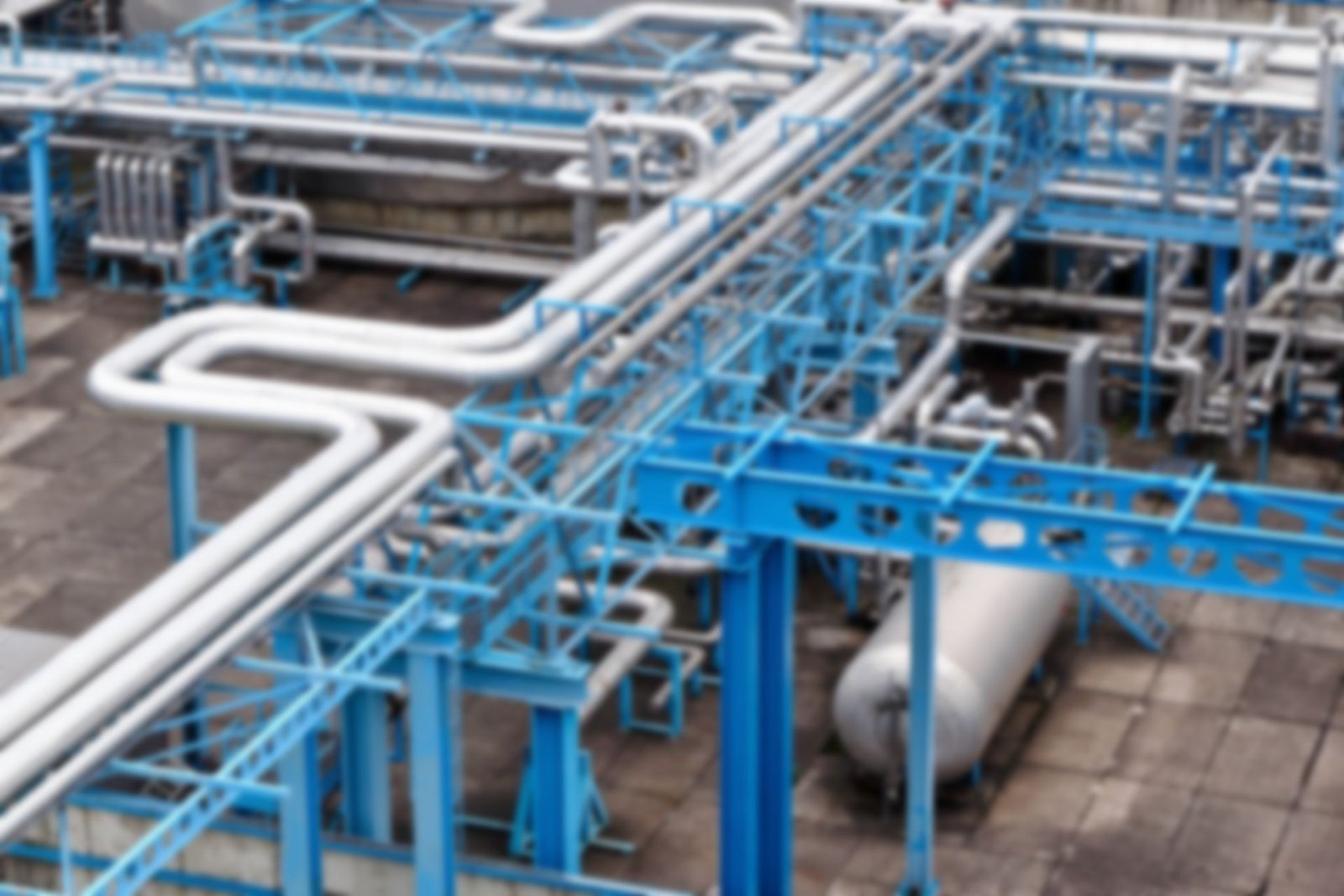
Like other mineral producing countries, South Africa has considered implementing beneficiation policies to stimulate development. Beneficiation entails the transformation of a mineral (or a combination of minerals) to a higher value product. It’s therefore about the downstream processing of a mineral product – all the way from a raw mineral (such as iron ore) to final products (like a car).
The logic behind beneficiation is that raw minerals don’t, on their own, have high value added. Exporting them unprocessed means that they don’t contribute that much to the economy. The idea of beneficiation is to capture more value from minerals by processing them locally before exporting them.
There are lots of examples of beneficiation policies across the world. Indonesia restricted and considered banning the export of certain unprocessed minerals. For its part, China implemented policies to force the downstream processing of rare earth elements – essential raw materials for a range of products including magnets, catalysts, alloys and glass. In southern Africa, made De Beers mining license dependent on diamonds being cut and polished in the country.
Many other countries, including the Philippines, Zimbabwe and South Africa, have all considered policies like this at one stage or another.




